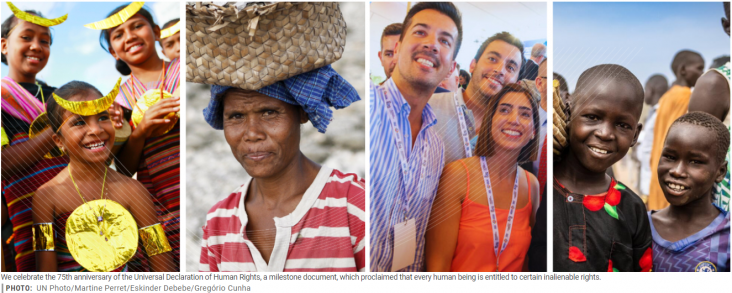
10 December 2023 marks the 75th anniversary of one of the world's most groundbreaking global pledges: the Universal Declaration of Human Rights (UDHR).
Symptomatic: The Symptom-Based Handbook for Ehlers-Danlos Syndromes and Hypermobility Spectrum Disorders, 2024, Pages 135-144

The Accord comprises nine key principles that guide Aboriginal health research in South Australia: priorities, involvement, partnership, respect, communication, reciprocity, ownership, control, and knowledge translation and exchange. It provides a voice for Aboriginal communities to inform researchers on how they would like health research to be conducted in their communities. Consistently applying the nine principles of the Accord will increase the impact and benefit of health research for Aboriginal people in Australia.
